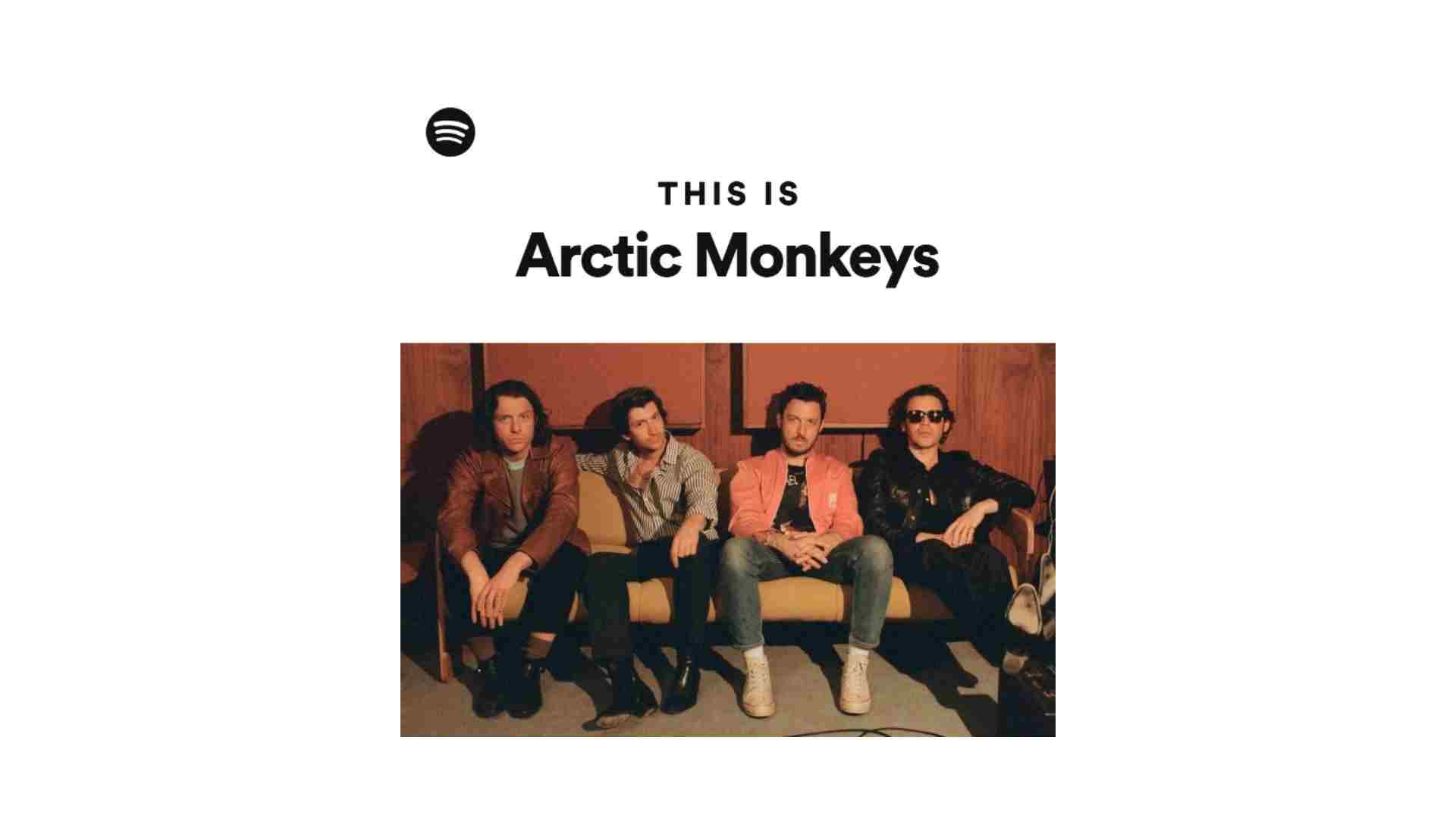
Music Genres Explained: From Shoegaze to Hyperpop
Mar 18, 2025Decoding Music Genres: Shoegaze to Hyperpop and Everything In Between
Music as an art form has been a regular at evolution. Sometimes shaped by culture, otherwise directed by technology, music has been changing its shape and form but maintaining its essence. Genre, at its core, is a technique of categorization. A genre, particularly in music, differentiates a certain type of music from others. So, let’s take a closer look at what exactly makes a genre and explore some of the most intriguing genres influencing today’s musical landscape.
We’ll be taking a look at the following:
What Are Music Genres?
In simple words, genres are musical styles and are important to distinguish a certain style of song from another. They’re defined by shared characteristics, including rhythm, melody, instrumentation, and production techniques. That is what makes a pop song sound different from a rock song!

These genres might have an identity, unique sound and sonic landscape, but they can always be experimented with. An emerging subgenre such as Zoomergaze is influenced by classic shoegaze music but infused with modern aesthetics and contemporary ideas and themes.
Genres often fuse and blur the lines between old and new, which keeps the landscape of music dynamic and ever-changing. Whether it’s the dreamy, reverb-heavy textures of shoegaze music or the glitchy energy of hyperpop, genres give us a language to discuss and explore music. They also allow us to connect with specific sounds and communities while also providing artists with a framework to experiment within (or rebel against!).
What Makes A Music Genre Mainstream?
When a genre gains mass appeal, it is considered mainstream. However, breaking out of a niche isn’t as easy. Several factors contribute to this transition, including cultural trends, media exposure, and the rise of influential artists. Genres like Jazz and Blues, which might be considered outdated and boring today, used to be “Pop” Music once! For instance, alternative rock music was once an underground movement before bands like Nirvana and Radiohead brought it into the mainstream spotlight. The Beatles were also considered “Pop” music back in the day. Pop just stands for Popular so anything that becomes popular gains the term “Pop Music”
In today’s digitally driven age of music, where streaming platforms and social media contribute largely towards music discovery, popularity and promotion often set the trends and reshape how genres gain popularity. Viral trends and algorithm-driven recommendations help niche genres like Zoomergaze reach wider audiences, pushing them into mainstream consciousness. The same goes for shoegaze music, which has seen a resurgence due to younger listeners discovering classics like My Bloody Valentine alongside newer acts embracing the sound and aesthetic.
Accessibility plays a key role too. If the listeners are familiar with and can access a particular sound easily, it’s more likely to grow on them and can lead to the masses embracing the genre. Video games, film soundtracks, commercials, social media and other various mass media platforms have been delivering such niche genres to the masses which is why many genres are breaking into the mainstream spaces. Hyperpop is one such genre that began as an internet experiment but is influential to the contemporary pop soundscape and mainstream productions.
What Genres Does Gen Z Listen To?
The online experiences of Gen Z have been causing a shift in the music industry. From changing the way music is consumed to how music is made, the younger generation is controlling the music industry. Their tastes have been influenced by different genres that their parents used to listen to and the genres that they’ve come across through social media or streaming platforms. Thus, their diverse music ranges from alternative rock music to K-pop, rap, and electronic soundscapes while often blending genres as well.
- Shoegaze Music:

It first emerged in the UK in the late 1980s and revolutionised the alternative rock image. “Shoegaze” was directed towards the introverted guitarists who would rather look at their pedals/gaze at their shoes than at their audience. It is widely accepted as a subgenre of rock and is characterised by its reverb-heavy electric guitar and distant-sounding vocals. The dreamy and immersive soundscape often displays themes of melancholy and nostalgia.
- Hyperpop Music:

Developing its sound in 2010, Hyperpop music was popularised in 2019. The genre is popular as it was created by the first generation to be raised by the internet. Aiming to provide a voice to the marginalized, the genre prides itself on nuanced commentary through absurd sounds. It is a subgenre of electronic music that fuses an exaggerated version of pop with EDM or electronic dance music. It is characterized by high BPM, booming bass, unconventional sound effects, and repeated hooks and melodies.
- Indie Rock & Alternative Rock Music:

Gaining popularity in the 1970s and 1980s, both genres had a niche audience but soon began to garner a wider mass appeal. Independent Rock was non-mainstream music that catered to a niche audience, was not made for radio play and was produced independently without a label in most cases. Alternative Rock, on the other hand, was usually mainstream and popular-sounding music that blended two or more genres.
However, recently, both genres have regained popularity. The term “Indie” has been reduced to a genre/sound descriptor rather than being a badge of being an independent artist. The sound has gained mass popularity, which drove the labels to take an active interest in DIY aesthetics, Lo-fi Sonic signatures and band-driven songwriting.
Do Older Genres Influence Contemporary Music?
Jazz and Blues might be considered old music, but they play a huge role in contemporary music. No genre can exist in a vacuum, and many genres that are popular now are influenced by past sounds. Genres such as Blues, Jazz, Soul and Funk play an integral role in the music you listen to today. Alternative rock music, for example, has left a lasting impact on modern indie and pop, with artists borrowing elements from grunge, punk, and post-punk to craft new sonic landscapes.
The revival of shoegaze music is proof of the power of older genres. Many contemporary artists are revisiting the definition of shoegaze music- lush guitar layers, heavy reverb, and dreamy vocals- to create something fresh yet familiar. Gen Z combines elements of electronic, pop, and indie rock to create a dreamy and nostalgic “shoe-gazy” sound and, in turn, creates Zoomergaze! Even the popularity of genres like hyperpop is due to earlier movements like 90s rave, glitchcore, and bubblegum pop.
Several modern artists illustrate this fusion of old and new. Clairo’s dreamy, lo-fi aesthetic echoes the hazy textures of classic shoegaze, while Olivia Rodrigo blends punk and grunge influences into mainstream pop. Gracie Abrams and Billie Eilish bring a moody, introspective quality reminiscent of 90s alternative acts, combining layered production with deeply personal lyrics. Meanwhile, bands like Arctic Monkeys continue to evolve their alternative rock music sound, blending classic rock influences with modern indie sensibilities.
This cross-generational exchange keeps the music exciting, ensuring that the essence of classic genres continues to influence the next generation to trace back to their roots to create something fresh and new.
Our Final Thoughts
Music genres are proof of the fluid and evolving identity of music. Each genre talks of innovation and reinvention and is rooted in listening experiences, cultural movements and trends. The younger generations are driven by authenticity and can reimagine old genres by adding their style to them. There’s no stopping music exploration, and every genre has a story to tell!
We at GreaseRelease, have a bunch of curators on our network who are looking for new & exciting music to push on their massive playlists. If you make music and want to reach a wider audience, check out our submission platform and get a chance to reach millions of listeners! Submit your tracks now!
Don't miss my newsletter!
Join me on a music entrepreneurship journey with new tips and tricks delivered straight to your inbox.
We hate SPAM. We will never sell your information, for any reason.




